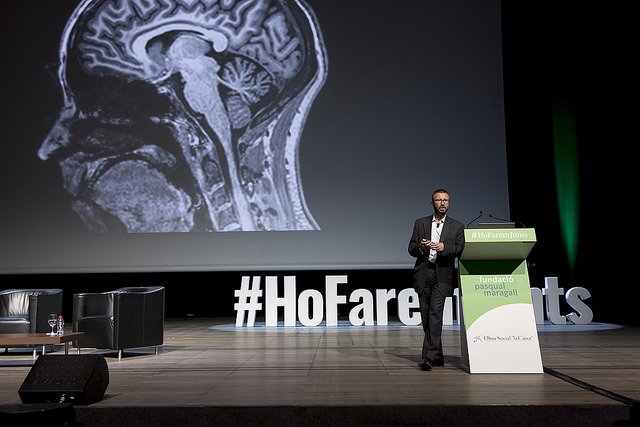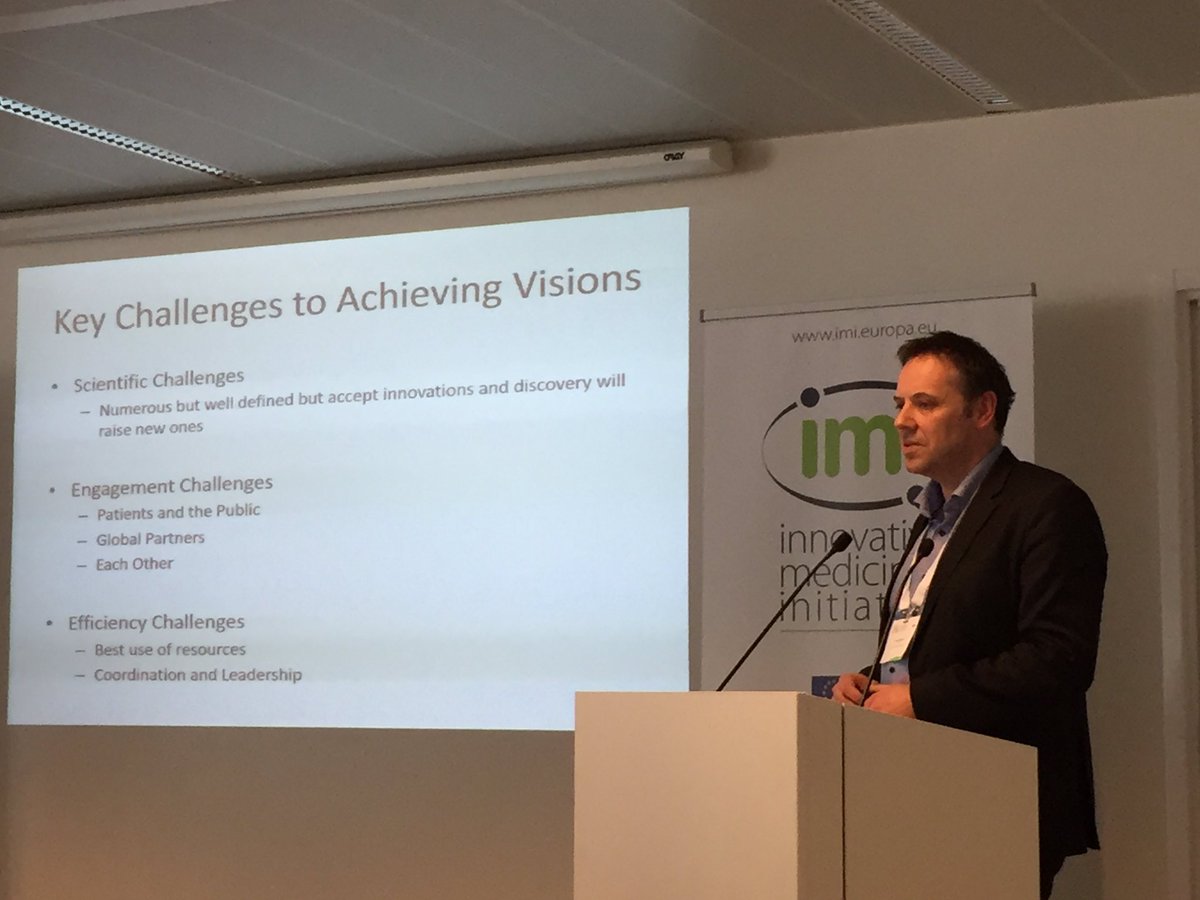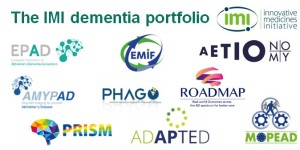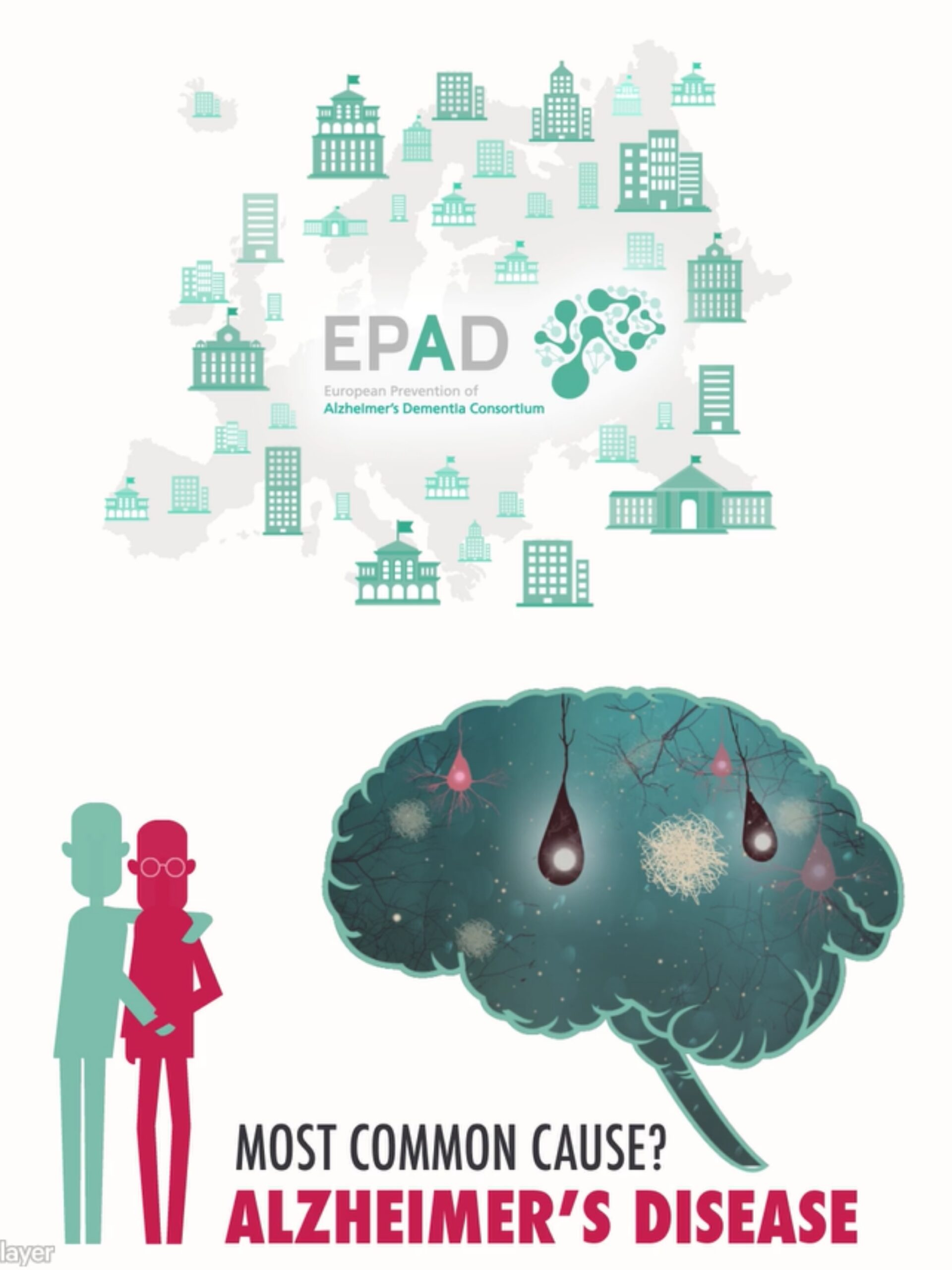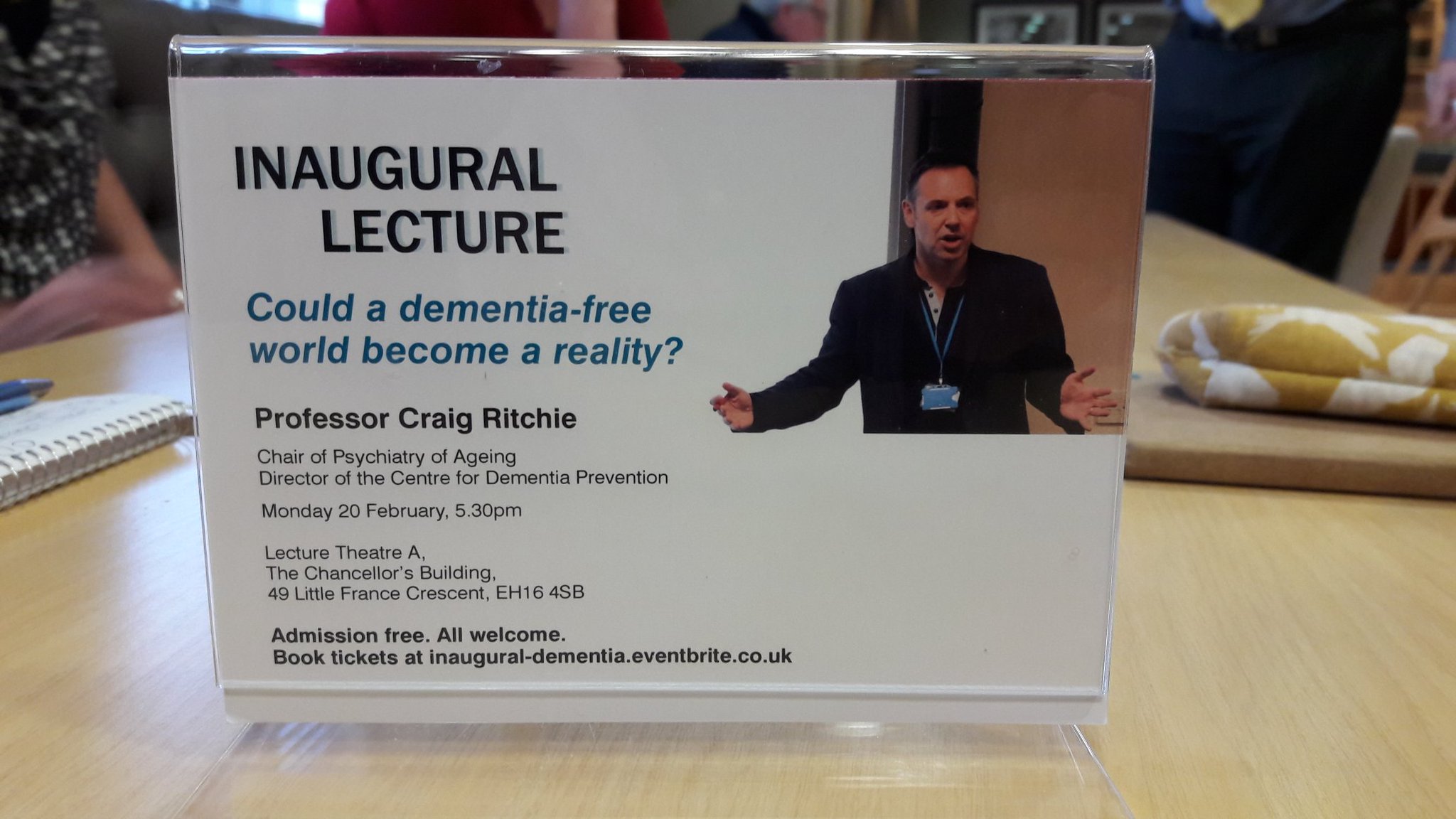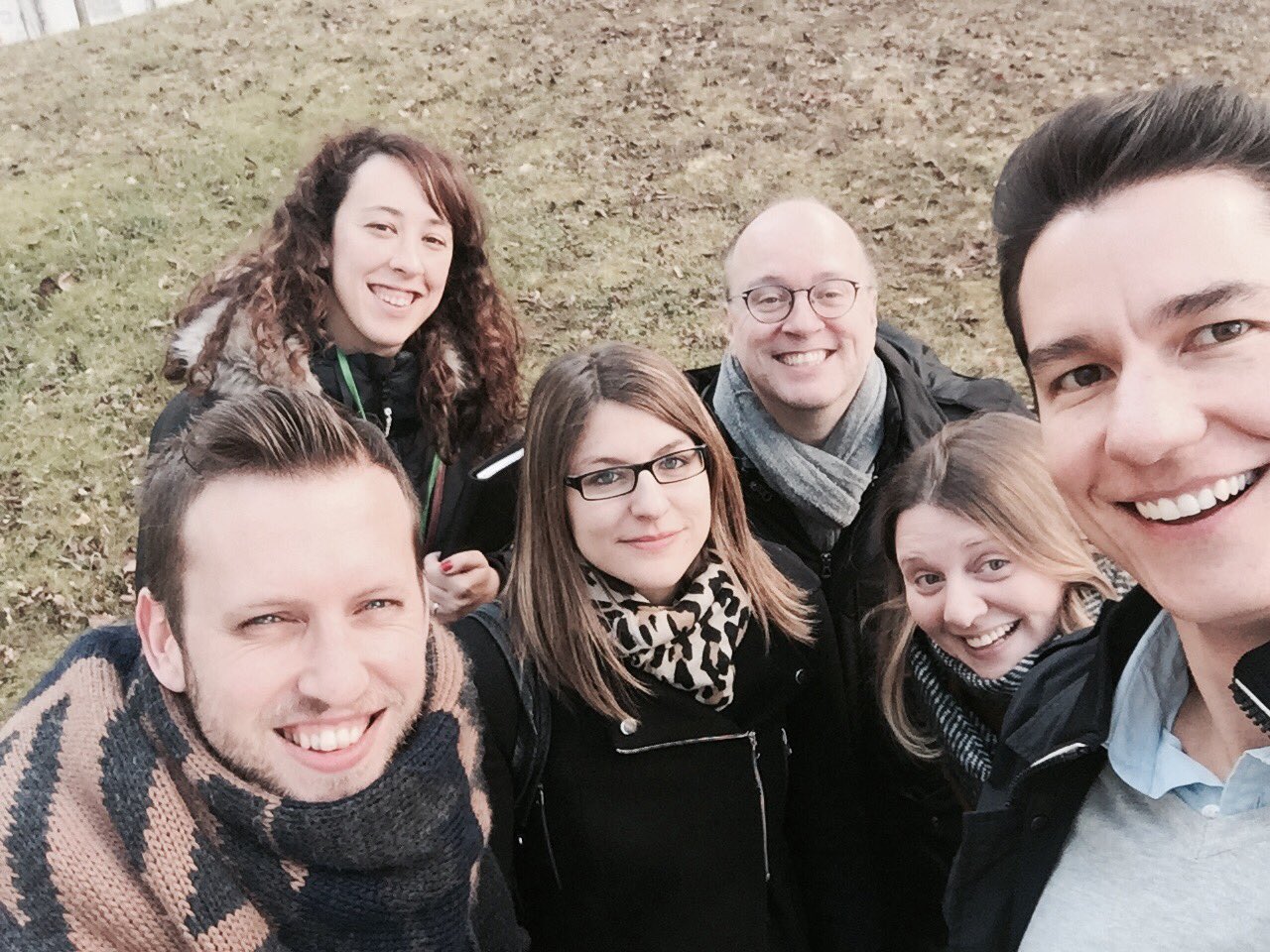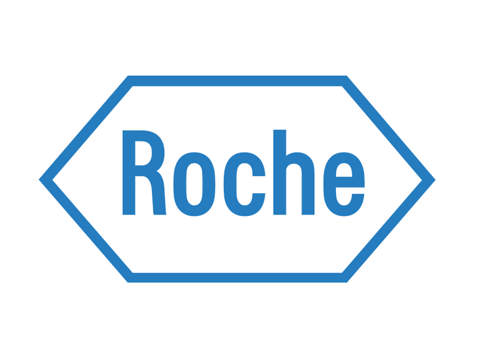What is your current role in EPAD?
With Carlos Díaz, we are co-leads of WP5 (Project Management) together with Janssen, being responsible for monitoring compliance to the work plan, planned resources and time schedule, deliverables and tracking milestone achievements, risk management, overall financial management (budget and costs/payments control) and administration. I am also participating in the EPAD dissemination strategy lead by WP6 and; from last year, I am also a member of the Algorithm Running Committee.
As an additional note, I am also participating in the Project Management of the sister initiative led by Prof. Frederik Barkhof – AMYPAD (www.amypad.eu) – IMI2 project which officially started in October 2016.
I guess that as Project Manager, my main responsibility is to make sure that the EPAD partners are not too much bothered about administrative issues, and allowing them, therefore, more time to be devoted to science.
What did you do prior to joining EPAD?
Previous to the EPAD project, I have been managing research projects in the EC Framework for regional governments, universities and research centres, responsible of the administrative and financial issues, including cost budgeting, cost reporting and audit procedures, especially in the framework of IMI projects. Since 2009 I am teaching courses in European R+D project management for a variety of institutions at the national and European level.
Tell us a bit about the institution/company/organisation you work for.
SYNAPSE (www.synapse-managers.com) is a company specialized in the high quality management of complex research and development projects in the biomedical sector, partnering with national and international organizations, both public and private (pharmaceutical and biotechnology companies, research institutes, academia, hospitals, etc.). SYNAPSE has a track record on research projects that are highly innovative (open innovation, public private partnerships), large (>10 million Euros), distributed (built on the collaboration of several institutions) and internationally oriented, with broad expertise in projects funded by the European Commission and Innovative Medicines Initiative JU.
Synapse goes beyond classical project management and brings in added value capabilities in team management, vision management, strategic thinking and project intelligence.
In addition to EPAD and AMYPAD projects, SYNAPSE is currently managing other IMI projects: eTOX (www.etoxproject.eu), EMIF (www.emif.eu), ADVANCE (www.advance-vaccines.eu), iPiE (www.i-pie.org), ROADMAP (http://www.roadmap-alzheimer.org/), RESCEU (www.resc-eu.org), TranQST (www.transqst.org), HARMONY.
What are your expectations from the EPAD project?
I am expecting that the EPAD project will help to advance research, treatment and management of persons suffering from AD (and their families), but most importantly, progress significantly in the prevention of this disease which affects the lives of millions of people worldwide.
I am proud of being part of the EPAD “Family”, who gathers the expertise of the best professionals out there to work on the project delivery. I hope that my contribution will be a worthy part of this major effort in understanding and preventing Alzheimer’s disease.

